Moon Drops Himalayas, deep oxidation Nepali white tea
$ 29.30
When a Taiwanese marries a Japanese in Nepal
The tougher terroir of the Himalayas usually gives a more rugged characteristic to the yield. Yet the ingenious farmer of Tea Hong’s Moon Drop Himalayas has employed the creamy Jinxuan ( 金萱 ) cultivar from Taiwan and the umami Yabukita ( やぶきた ) from Japan to produce this tea. Their softer nature most definitely tones down the harsher growing environment to give this tea an extraordinarily round body, accompanied with a sweetness and bouquet that one can hardly find in any other South Asian productions. An extra step of rolling is added to the end of the white tea withering process to develop more depth in the taste profile. This is indeed an unusual gem of white tea. However, maintaining the East Asian tea plants in the Himalayas is not an easy job and getting a good yield from them is even more demanding. We have been following this tea for almost a decade before deciding to carry it. A fine batch as this one on offer is rare.
Net weight: 50 g (1.8 oz) in Kraft-alu pack
In stock
चाँदीको चाँदी हिमालय
Taste profile
Nose: Warm, floral aroma with an overtone of nectar. Earthy undertone of sun-dried hay and baked sweet potato. Accents of bouquet. Palate: Sweet, malty liquor that is smooth, cleansing and refreshing. Tones of steamed sweetcorn. Notes of White Peony tea accented with tiny bites of bitterness and freshly cut grass. Finish: Refreshing sensation with tints of mints.
A fine choice for pairing with cakes.
Infusion tips
To appreciate the subtle nuances of this fine tea, always preheat the infusion vessel. Infuse at 95°C and not over 5 minutes in the first infusion for 2 g to 100 ml of water in smaller vessels (for example, a 200ml infuser mug), or at near boiling temperature for 8 minutes for 1.2g to 100ml in larger vessels ( for example, a 600ml teapot). If you are using the gongfu approach, adjust tealeaves amount, temperature and water flow so you can infuse for at least 20 sec in the first round. Be aware that the size, shape, material and thickness distribution of the infusion vessel play vital roles in the effects of the infusion.
Additional information
| Weight | 100 g |
|---|---|
| Dimensions | 18 × 9 × 5 cm |
| Net weight: | |
| Tea category: | |
| Class: | |
| Recommendation: | |
| Origin: | |
| TCM character: | |
| Packaging: | |
| Infusion color: | |
| Vintage |
Reviews(3)
Only logged in customers who have purchased this product may leave a review.


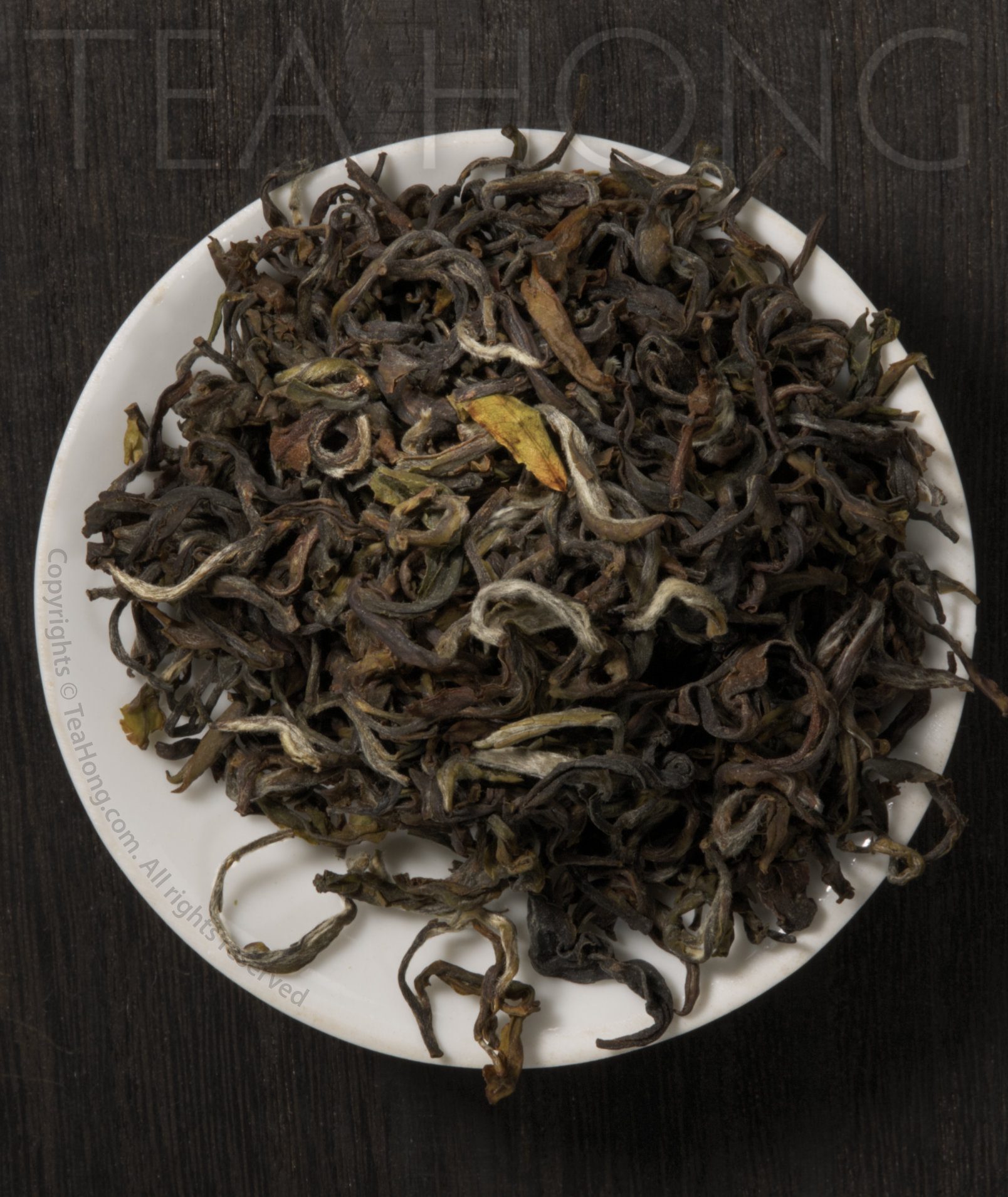
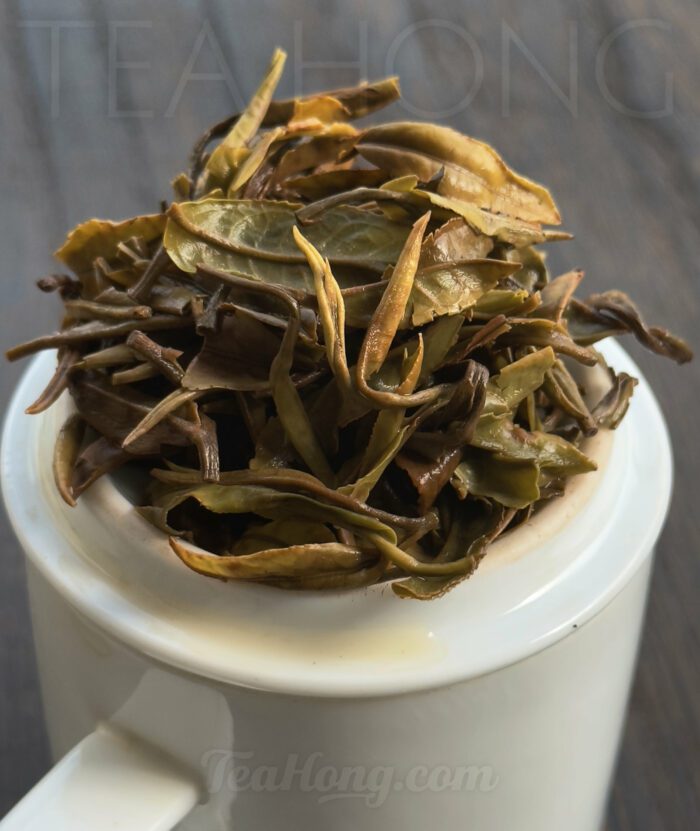
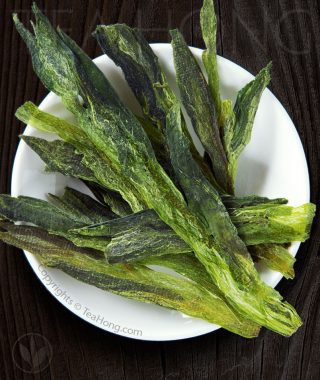
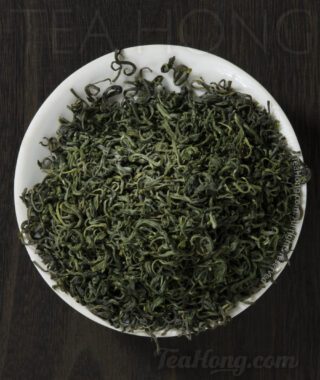
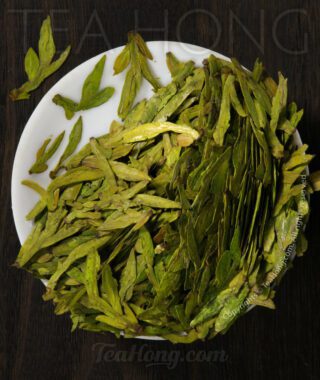
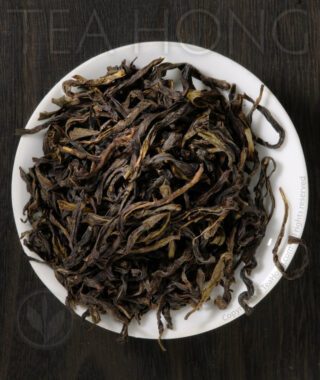
This is quite a special gastronomic experience, the evolution of flavors is remarkably intricate and thoroughly enjoyable from the initial aroma of the dry leaf, all the way through to the last wafts of fragrance I can lift off the bottom of the final, empty cup. You found something unique here. I brewed up the sample using my new Rural Life gaiwan, using a 1:20 ratio, and then right afterwards I brewed it up again Western-style in a larger mug with a 1:100 ratio. Both methods returned some of the most enjoyable and satisfying cups of Himalayan tea I’ve ever had.
I first started exploring Himalayan teas approximately 10 years ago, but never really took a deep-dive, for the same reason that I never fully dove into pu’erh… because Fenghuang oolong captured me with its infinite beauty. That being said; just like with pu’erh, I’ve also been fortunate enough to have the opportunity to source amazing Himalayan teas directly from farmers and co-operatives who grow ultra-premium, top-notch tea. Moon Drops matches, if not exceeds, what I have come to expect from the absolute best of the Himalayan region.
I can taste the influence of both the Jinxuan and Yabukita cultivars. This is a special phenotype; this hybrid retains the thick creaminess and umami-heavy mouthfeel which both cultivars are prized for, and does so in a way that overlays the terroir of the Himalayas seamlessly, which gives rise to a unique yet familiar set of flavors that I’ve come to know and love from this region. I feel like this selection was specific and intentional…
The evolution of flavors in both of my sessions was very complex. Moon Drops opened up with some notes of squash blossoms, zucchini bread, and distinctly sweet overtones of muscat grapes, the likes of which even the most premium Darjeeling would be jealous of. It’s malty and starchy, in the best of ways. As the sessions progressed, there were some herbaceous & spicy notes that came out to play, which were reminiscent of white peppercorn and sage leaf with some floral, lavender-like qualities… oily, thick, lubricating, resinous and long-lasting on the palate, yet perfectly juxtaposed against delicate and nuanced flavors that should be impossible to achieve, but clearly aren’t. As I said earlier: wow. This tea brought forth a complex olfactory experience that escapes definition, and that is what I personally seek out.
Towards the end of the sessions, as my steep times became longer and the water temperature moved closer to a freshly rolling boil, I detected sweet and distinct notes of caramelized almonds that lingered on the palate for a long time before gradually subsiding. There was a distinct mouthfeel that was coupled to the flavor profile, which added another layer of enjoyment to the experience.
This truly is a complex tea in every facet… from the intense bright-gold color of the soup to the powerful and stimulating sensations that it imparts in the body, and everything in-between. I particularly enjoyed how clean, crisp, brisk and smooth this tea was… to say I thoroughly enjoyed it is an understatement. Thank you for all that you do to make tea like this possible to experience.
A Blockbuster of Everest Proportions
Primrose meets peppercorn in a nostril-flaring, mood-lifting adventure. Two thumbs up and a standing ovation from the taste buds!
unforgettable ‘bright’ aftertaste
I’ve tried many black oolong teas from Nepal , Darjeeling and many Oriental Beauties from Taiwan. This one is right at the top. Unique bright colourful fruity aftertaste. This tea also has surprised me by its silky and smooth mouthfeel.
Brewing parameters: 1.5 g in 70 ml gaiwan, using 85c temp. 6 steeps without a rinse: 60s/60s/90s/120s/180s